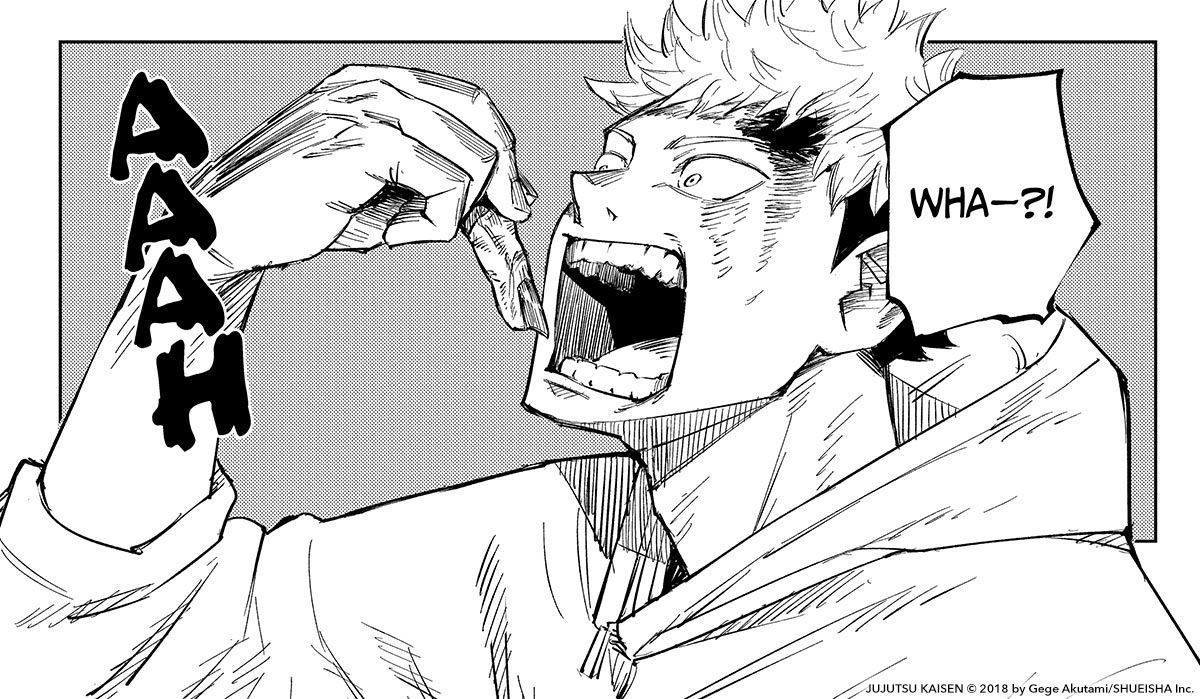From the Director
8 September 2025
Hard to believe we are starting week four of Fall 2025. Maybe it’s the pace and intensity of the start of the term, but I’ve been thinking about hunger the last few days. Which I guess means that I have been hungry for hunger.
Hunger (allegorically, speaking) is a curious thing, showing many faces. Somedays, consuming, a dread master. On other days, seductive, an enticement to delight. Yet again, worrisome, an approaching storm, an anxiety generator. And still at other times, a spur, an amplifier of attention. At least.
Is hunger a mode of attention? Or attention itself, the ground from which all other forms of attention emerge?
If you can accept the substitution of hunger for eros (desire), then hunger, according to Plato, is the fuel for true knowledge, since hunger guides us from the singular, particular, and material to the whole, general, and ideal. Hunger is our supreme teacher. Buddha on the other hand would have it that hunger (again as a stand in for desire) is the source of our suffering. In its different forms, hunger is both the constituting structure of our personality, and, as such, to the degree we cling to hunger (hunger for hunger), the form that the famous ‘skandhas’ take. Hunger from this perspective is maya, the great illusion. Moderns (and proto-existentialists) like Franz Kafka and Knut Hamsun would have it that hunger is the constituent manner in which human beings are in history: launched into history by our hunger for meaning and alienated or dispossessed by every particular effort to satisfy it. Hunger is the clearing in which we encounter ourselves.
Regardless of which of these sketches of hunger you find appetizing, hunger seems plural: powerful, illuminating, transformative, destructive, redemptive. Unavoidable.
And efforts to run from hunger present their own dangers: a myriad of physical, psychic, and social disorders.
So, we are left to chew on our hunger.
This dilemma—the dilemma of hunger—organizes Gege Akutami’s great manga, Jujutsu Kaisen (2018-2024). Hunger (negative energy) gives rise in this fictional world to curses, spirits, and monsters. The Jujutsu sorcerers are trained to control their hunger and then go forth to ‘exorcise’—dissipate or incorporate—these manifestations of hunger. The manga is centered on Yuji Itadori, a young untrained high school student who, in the opening act while trying to protect his friends, eats a cursed object—the mummified finger of an ancient, evil sorcerer. His hunger to help his friends leads him to ingest an object that increases all sorts of other hungers. The story then follows his efforts to manage his hunger (and the efforts of the Jujutsu sorcerers to train him to control the primal hungers unlocked by the ingestion of that finger).
In other words, Yuji-kun goes to hunger school.

And that brings me back to what made me hungry for hunger. The university is a hunger school. A place and time to widen your palette, introducing you to new experiences and ideas. A place and time to feed your existing hungers and nourish them with rich opportunities. A place and time to sharpen your discernment so that you can differentiate the equivalent of junk-food from homemade bone- and soul-sustaining dishes: the university is the place where together we test and improve cultures’ foods. And finally, a place and time to learn how to ‘cook,’ learn how to invent new ‘foods’ that call forth new hungers.
Last week I had a great conversation with first-year honors student, Evan Cooper. We talked about art and AI, music and history, improvisation and learning, performing and teaching. It left me inspired and energized. And, yes, it left me hungry. Hungry to cook again; hungry to share ideas and food. Hungry to gulp in the world while I still can. There would be many parts of the conversation that would be worth developing, but one moment of it has stayed with me. When I asked him how his honors courses were going, he told me that while he expected to know what would be coming at him in the first few weeks, he had been surprised by the ‘horizon expanding’ nature of the course. Not surprisingly, I was happy that an honors course was landing that way. Not just for Evan, but for all of you.
I hope you are having similar experiences—in honors and in your major coursework, in classrooms, labs, and dorms, while reading, while practicing, while praying, while writing, while exercising or daydreaming. I hope all of you are having your appetites whetted and satiated, while your palettes are expanded and refined. And I hope SIUE is training you to be great cooks this fall and going forward.
Bon appétit!
And bonus Gojo from V and V's favorit artist











